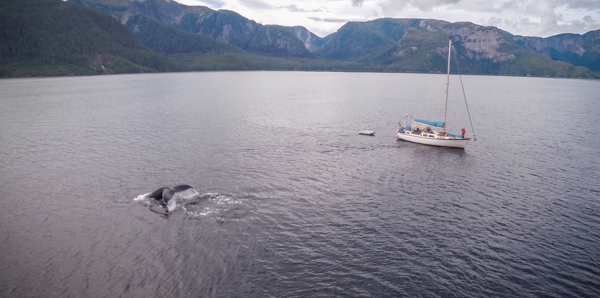Luke Padgett is a writer and filmmaker from Tennessee whose work has appeared on the BBC, CBS, and smartphones everywhere. He co-directed Hallowed Isles, a film about the remote Chatham Islands of New Zealand. Padgett was a 2007 Thomas J. Watson Fellow and is working on a new film in...

